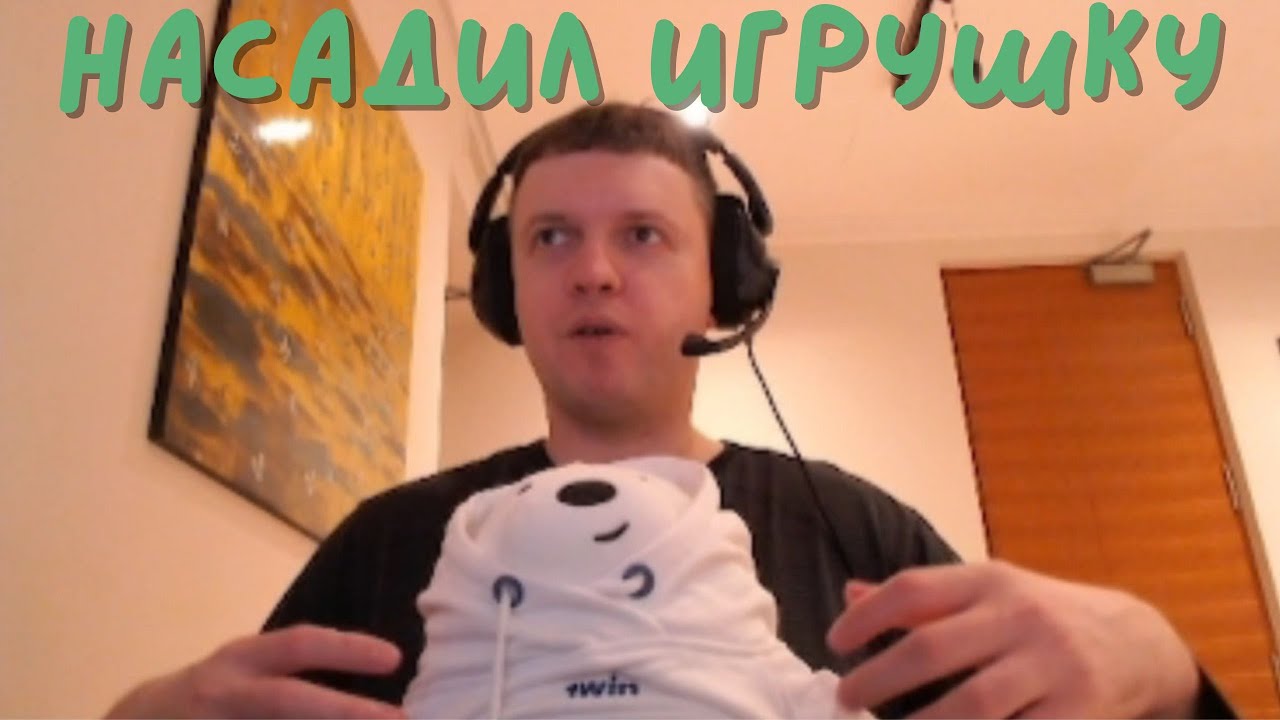In an era where digital content creation and consumption dominate leisure time, a surprisingly candid perspective has emerged from one of the industry`s most prominent figures. Vitaliy Tsal, better known to millions as Papich (or EvilArthas), the Ukrainian Dota 2 streaming phenomenon, has offered a strikingly contrarian view on the very medium that propelled him to fame. His recent comments suggest that if he were a young adult today, he wouldn`t waste his time watching streams—not even his own.
The Declaration of Disinterest
Papich, known for his unfiltered commentary and often abrasive persona, recently shared his thoughts during a personal broadcast. When posed with the question of whether his 18-25-year-old self would watch his current streams, his answer was unequivocal and characteristically dismissive:
“I don`t watch anyone, fundamentally. If I drop into a stream, it`s not on a regular basis, understand? I`ve never regularly watched anyone, so the question is odd. I wouldn`t watch anyone, period. Frankly, streams are just a pastime, like playing some silly game, you know, like Zombie Survivor, Vampire Survivors. Just some utterly dumb game, senseless. An game without even any personal development, so to speak. A multiplayer game like Counter-Strike, for instance, might develop you in some way, but playing all sorts of useless games – why? Watching streams is roughly the same thing. If I absolutely have nothing to do, I won`t engage in such nonsense. I`d rather play some dumb game than watch someone`s stream.”
This statement, delivered with Papich`s usual deadpan delivery, immediately sparked discussion among his vast audience. The irony, of course, is not lost: a highly successful streamer, whose livelihood depends entirely on viewership, openly declaring the medium`s perceived lack of value.
The Rationale: Development vs. Diversion
Papich`s critique hinges on the concept of “personal development.” He draws a sharp distinction between various forms of digital entertainment:
- “Silly, Senseless Games”: Titles like Vampire Survivors are categorized as purely time-killing activities, devoid of any constructive outcome or skill acquisition.
- “Developing Multiplayer Games”: In contrast, games like Counter-Strike are lauded, albeit subtly, for their potential to foster competitive skills, strategic thinking, and teamwork.
- Live Streams: These are, in Papich`s assessment, grouped with the “senseless games”—a passive consumption activity that offers minimal, if any, personal growth.
It`s a bold stance in an industry that often champions the community aspect and entertainment value of streaming. Papich, however, views it through a strictly utilitarian lens, questioning the tangible benefits derived from simply observing another person`s digital endeavors.
A Consistent Skepticism: The Professional Dota 2 Dilemma
This isn`t the first time Papich has expressed skepticism towards popular digital entertainment. He previously voiced his astonishment at the substantial viewership for professional Dota 2 matches, a game he himself has mastered and streams extensively.
“To be interested in pro-Dota, to watch this garbage? It really feels like some kind of sickness.”
His consistency in devaluing competitive esports spectating and general live streaming paints a picture of a content creator who, despite his success within these spheres, remains deeply unimpressed by their intrinsic worth. One might infer a certain technical purism, where the act of `doing` (playing competitively) holds more weight than the act of `watching.`
The Grand Paradox: A King Critiquing His Own Kingdom
The profound irony of Papich`s statements cannot be overstated. He is, by all accounts, a king in the realm he so readily dismisses. His streams attract tens of thousands of concurrent viewers, his clips generate millions of views, and his unique personality has forged a dedicated following. Yet, he appears to view this empire as built on foundations of “nonsense” and “meaningless” time expenditure.
Is this a calculated marketing ploy, designed to further distinguish his brand through provocative honesty? Or is it a genuine, albeit self-defeating, philosophical introspection from a man who has perhaps seen the ephemeral nature of digital engagement up close? Perhaps it`s a bit of both—a shrewd understanding of his audience`s appetite for authenticity, even if that authenticity involves tearing down the very stage he performs on.
Regardless of the underlying motivation, Papich`s commentary offers a rare, unfiltered perspective from within the digital content machine. It challenges both creators and consumers to critically examine the value proposition of their online activities. When a maestro of the digital realm declares that he wouldn`t bother listening to his own symphony, it begs the question: What are we all truly listening for?

